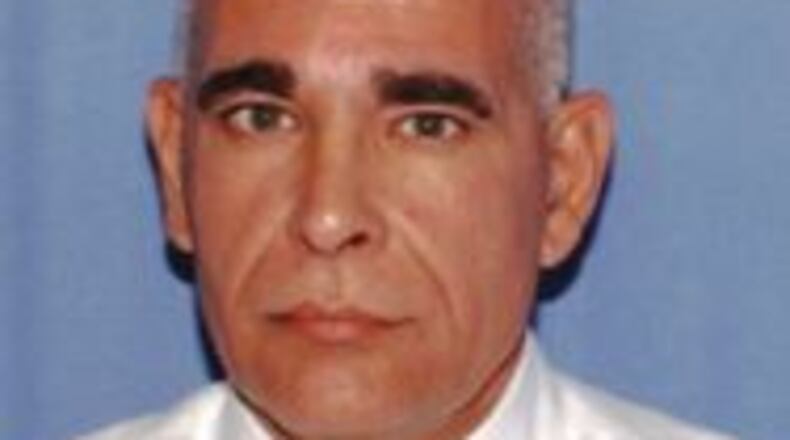The suit alleges that PNC Bank missed red flags that Apostelos used his accounts in a suspicious manner.
“Courts have uniformly held as a matter of law that a bank engaging in standard commercial banking activities, such as acting as a depository for a business account, does not participate in or aid the sale of unregistered securities under the Ohio Securities Act,” PNC attorneys wrote in a motion to U.S. District Court Judge Thomas Rose. “Accordingly, the plaintiffs’ claim fails as a matter of law and should be dismissed.”
The suit involving Ohio’s Securities Act ultimately could include 100 to 300 plaintiffs and that the Cruz family lost “north of $5 million” in the scheme, according to the plaintiffs’ attorney.
William and Connie Apostelos' federal criminal trial on 27 indicted counts related to running an alleged Ponzi scheme that cost hundreds of investors to lose tens of millions of dollars is set for February 2017.
Defense attorneys wrote that “with the Apostelos estate in involuntary bankruptcy (initiated by the plaintiffs here), the plaintiffs look to PNC,” alleging in the sole count of the complaint that “PNC participated in or aided the sales of Unregistered Securities,” the motion to dismiss states. “Courts have uniformly held that banks providing standard depository services have not ‘participated in or aided’ the sale of unregistered securities under the Ohio Securities Act.”
After he filed the lawsuit, Cruz family attorney Toby Henderson said the banking activities Apostelos engaged in indicated fraudulent activity.
“There simply is no way for a Ponzi scheme this large to survive without the banking infrastructure, the banking system has to be part of it,” Henderson said. “Otherwise, people don’t think that the investment is legitimate.”
“For nearly 40 years, Ohio courts have held that ‘the willingness of a bank to become the depository of funds does not amount to a personal participation or aid in the making of a sale,’ ” under Ohio law, PNC’s attorneys wrote.
Apostelos' sister and niece each pleaded guilty to one count of conspiracy this year and will be sentenced in March 2017.
Apostelos' former attorney, Steven Scudder, was charged with aiding and abetting in wire fraud related to the Ponzi-scheme. Scudder's arraignment and plea hearing has been delayed several times.
Rose has not yet ruled on PNC’s motion.
About the Author
